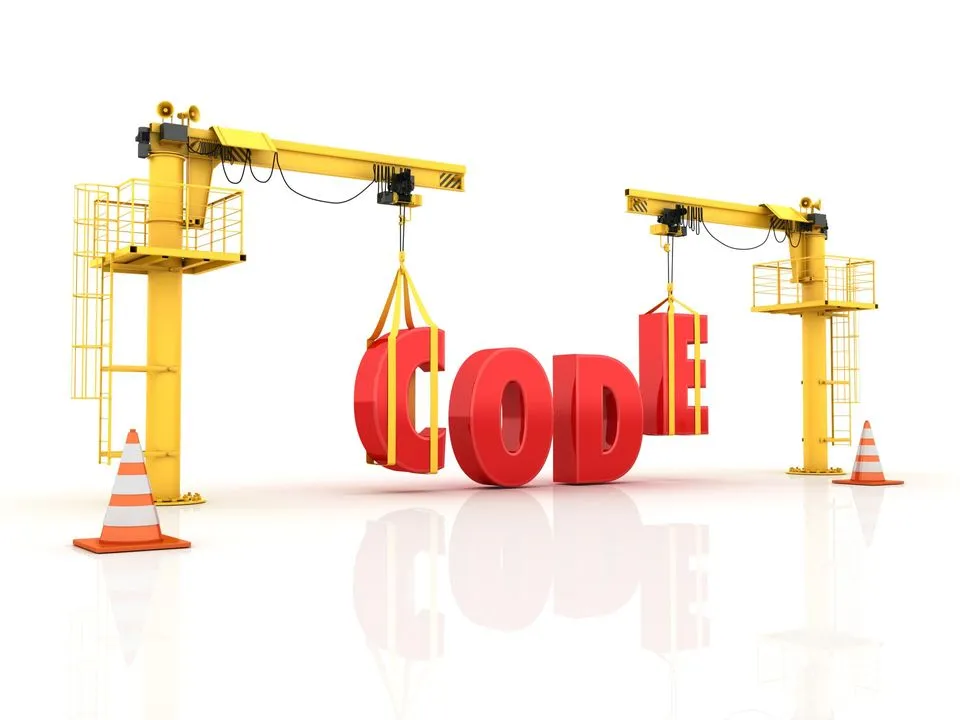Taxes are an important part of every country, state, or sovereign. They are the backbone of any country’s economic system and it is required that citizens pay them. Inpiduals who skimp out on these taxes may be eligible for jail time and punishment by law. After all, it is through taxes that governments take care of their citizens with essential aid — like emergency services, defense, and infrastructure which includes the building of roads and public structures.
But what happens when citizens and organizations do not pay their taxes? When they hide their earnings and assets, they may be subject to fines and penalties if caught. In the United States, there are many ways that taxes can be skimped out on and the penalties can add up, including for illegally paying employees in cash. And for work projects with public funding, there is extra scrutiny to beware of as you must submit certified payroll reports to relevant government agencies.
Why Is It Illegal To Pay Employees Cash?
There are many legitimate businesses that would prefer paying their employees via cash rather than other traceable payment methods. They would use direct deposits or checks, but in this scenario, the legitimate business would be paying the employment taxes separately. Either the company or the inpidual would be responsible for the deposition of the taxes.
But in the cases of companies, and businesses that are not as legitimate as they may seem, employees are paid cash under the table or in more common terms, they are paid off the record. This means that there is no paper trail for the money that has been paid and the government does not know of the transaction.
Certain Nuances To Keep In Mind
Some people might think there is no problem if a company is not paying their employees’ taxes. They may suggest the employees are the ones honor-bound to do it themselves. However, the company itself is also answerable to certain laws and regulations that cannot be overlooked.
When an employee is paid off the record, this means that the taxes within their wages are not being withheld and ultimately are not being paid. Therefore, this means that this particular employee has not filled out their quarterly or annual tax form, and the company does not record this employee's wage and tax information in the official W-2 form. There are laws for paying under the table that address this.
Now, since there is no legal or physical evidence of an employee being paid or any tax trail, this means that the employer — i.e. the company — is doing illegal business. When this occurs, tax fraud is being done and there is no compliance with employment laws, which according to the IRS, is one of the top crimes in employment tax non-compliance. This is especially concerning for businesses with government-backed projects, since the Davis-Bacon Act of 1931 makes it a requirement for contractors to comply with reporting rules in order to avoid penalties.
If People Know It’s Wrong, Why Does It Still Happen?
The easiest answer to this question is that it looks attractive. This means that in the minds of those who either think themselves quite intelligent, above the law or are simply unable to comprehend the importance of paying taxes feel that payment under the tables is simply more beneficial.
These people should beware as these options might look quite fanciful and easy, but they are not and might land you in quite a bit of hot water.
The Penalty For Paying Employees Illegally In Cash
Those who have been caught red-handed and accused of accepting payment or being the payer of cash under the table are subject to severe penalties. In the eyes of the law, neither party is left unaccounted for.
The IRS will make sure to audit every aspect of your business and be sure to search every nook and cranny of your organization to make sure that no one has been skipping out on paying employment taxes. If there are records that have been withheld or simply don’t exist, then the inpidual, as well as the company, is penalized without fail. After all, withholding or failing to deposit employment taxes is fraud and can result in criminal convictions. Plus, a certified payroll must be filed with government agencies to ensure your business is in compliance with the Davis-Bacon Act.
With regard to tax fraud, your business would be required to pay back the government each and every cent of tax money owed plus interest, fines and jail time. The only way to avoid these penalties is to simply not commit the crime in the first place.
Substitute Actions For Cash Under The Table That You Can Take Legally
Although paying cash under the table is illegal, it is not illegal to pay your employees cash as long as you adhere to the employment laws. If you take this course of action, beware that the IRS will be keeping an eagle eye on you. Firstly obtain a federal employer identification number i.e. a FEIN. This is so you can set up state tax accounts, report new hires, and obtain workers’ compensation insurance. You must also make sure to deposit and keep a proper record of when to deposit and report employment taxes and stay on top of tax laws. Make sure to keep your records organized and also keep a year-to date payroll record which tells you which payment is due to which employee. Also make sure to give your employee any payment stubs you have so that they may keep a record of their wages before and after deduction.
Thousands of contractors throughout the country rely on Certified Payroll Reporting to simplify their prevailing wage reporting, join them today by clicking here to contact us .




